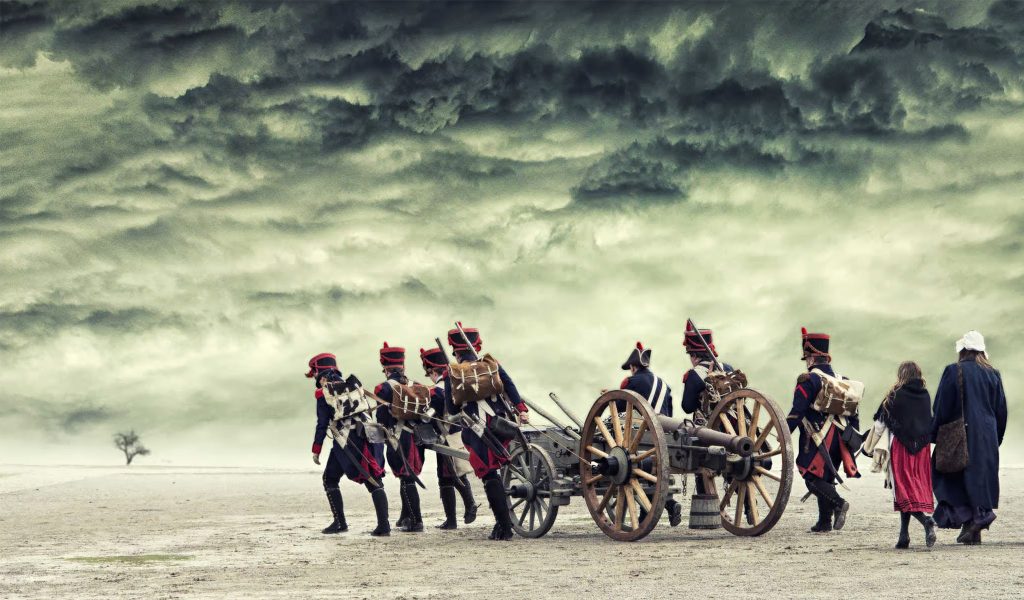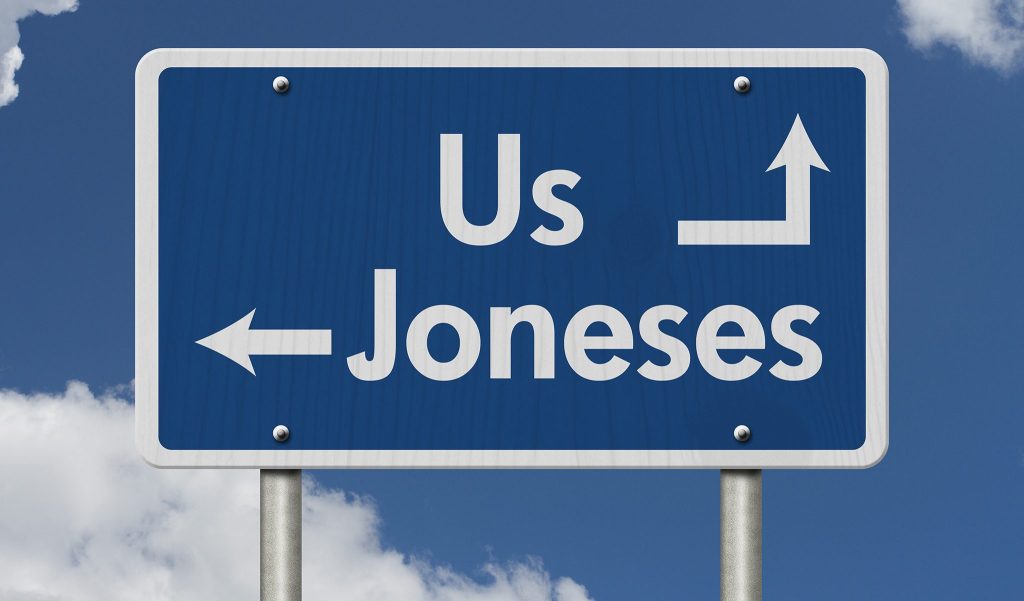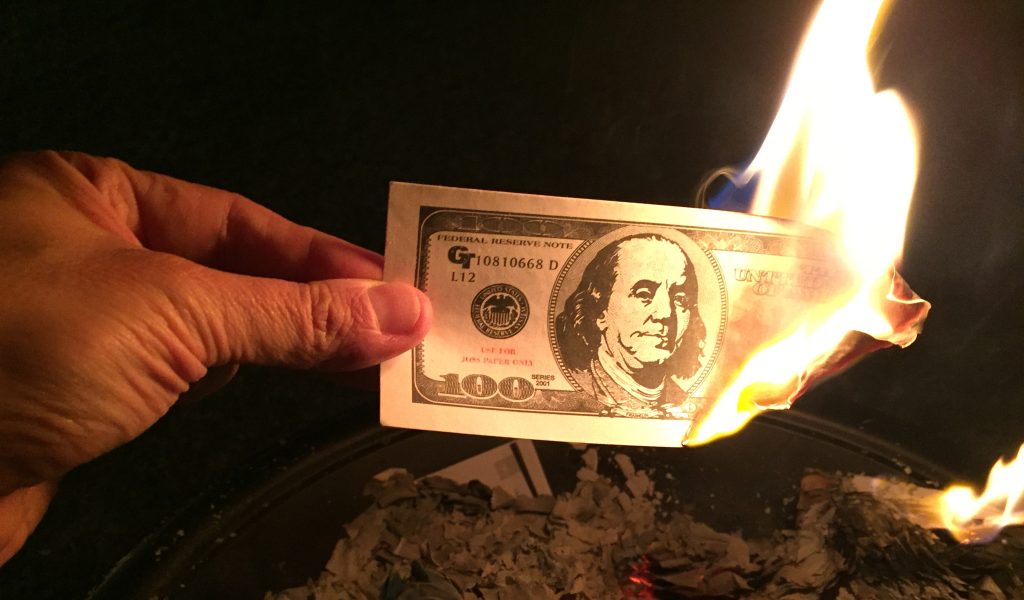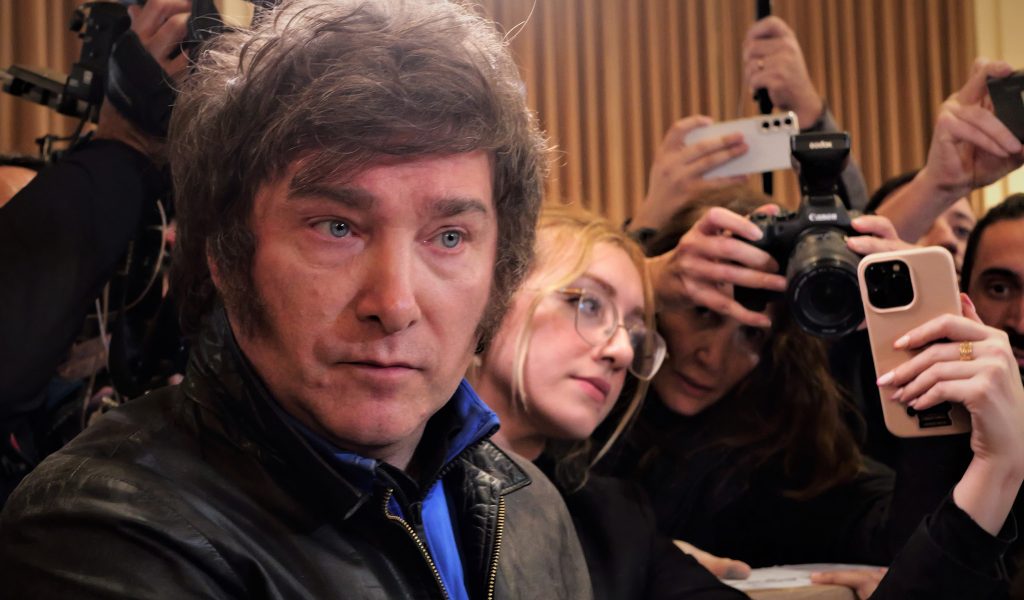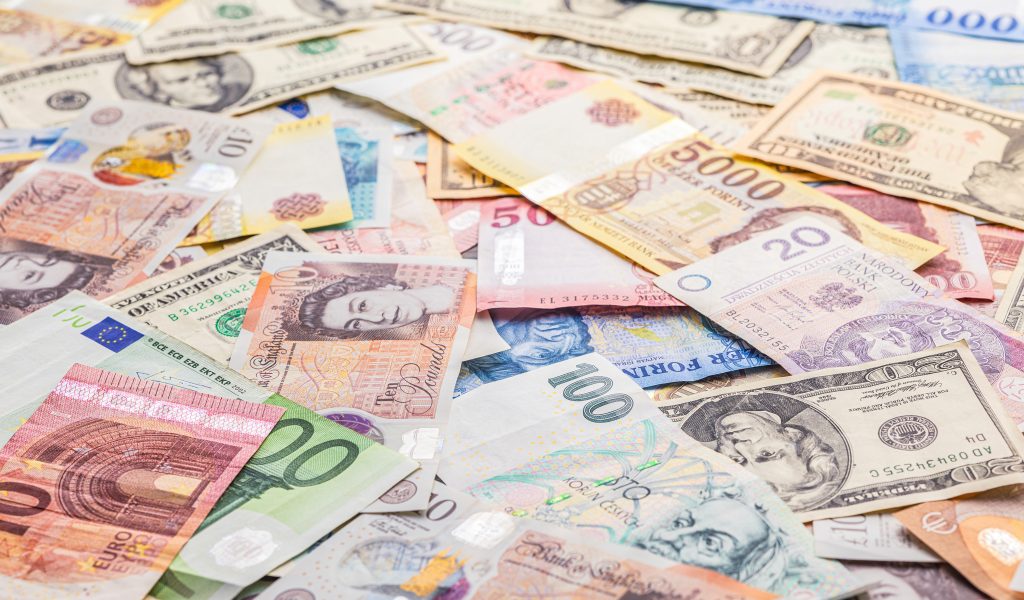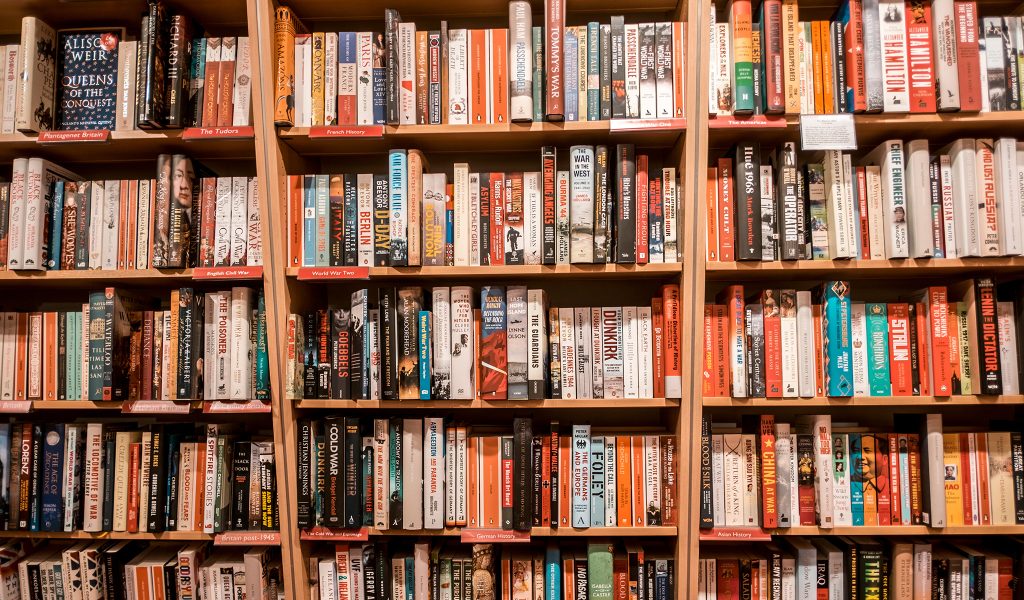In his excellent new memoir, Never Say You Had a Lucky Life (review coming soon), Joseph Epstein writes of a Harvard economics professor by the name of Alexander Gerschenkron who claimed to have read Leo Tolstoy’s War and Peace at least fifteen times, and that more than once he began rereading the novel right after completing it. Talk about dedication. And understanding.
As written before in attempts to make sense of or offer thoughts or insights into the Russian novels, it would likely help to have read them more than once. Hopefully this admission is recognized as I attempt to write about Fyodor Dostoevsky’s The Brothers Karamazov. It was really hard to follow in what was my first, and almost certainly only read of it. It’s frequently said that War and Peace and the various names within it are difficult to keep track of. The Brothers Karamazov (from now on, TBK) proved much more difficult for me. And that’s just names. The story was very often challenging to follow. I’ll bet the meaning of what is a very interesting story would be much clearer with another read.
TBK is the second novel I’ve read by Dostoevsky. Crime and Punishment was the first, and it was excellent. Easier to follow too. Both novels take place over short timeframes, which is a plus when it comes to understanding.
With TBK, the story (as the title suggests) largely centers on the sons of Fyodor Pavlovitch Karamazov, brothers Dmitri, Ivan and Alexey. Karamazove pere is described as “a worthless puny weakling” who somehow had a way with women. From his first wife, Adelaida Ivanovna, Fyodor “got hold of all her money up to twenty-five thousand roubles as soon as she received it” despite a marriage that showed its true, awful colors with “extraordinary rapidity.” Son Dmitri was the lone product of this marriage that ended with Adelaida’s early death, which occurred amid a bout of “reckless drinking” for Fyodor. That he was an indifferent father goes without saying.
Luckily a dedicated servant Grigory took over the raising of the child Fyodor forgot. Second wife Sofya Ivanovna followed, and she produced for him Ivan and Alexey. A marriage mulligan (this one by elopement too) and kids in no way civilized Fyodor. “He gathered loose women into his house, and carried on orgies of debauchery in his wife’s presence.” Sofya died eight years into the marriage.
The story ultimately hinges on the small fortune that Fyodor amasses through the dowry of the first wife, and that he holds close given his desire to womanize all of his years. In his words, “if you’ve money,” you “have only to want a thing and you can have it.” He’ll hold onto his money because “The wenches won’t come to me of their own accord.”
With first son Dmitri, money isn’t so much a means to female attention as, in his words, “the overflow of my heart.” The roubles that came his way from his father over the years (inheritance, not generosity) exited his hands almost as quickly as they reached them, including thousands directed to save the good name of a retired general, and by extension his beautiful daughter and eventual fiance, Katerina Ivanovna.
What has Fyodor and Dmitri at each other’s throats is a lady of loose morals by the name of Agrafena Alexandrovna, a.k.a. Grushenka. They’re both madly in love with her, and competing for her, which is another reason for Fyodor to hold onto his money, including the 3,000 roubles that Dmitri needs in order to make his betrothed and abandoned (for Grushenka) Katerina Ivanovna whole. No, Fyodor will hold onto all of his money to attract the women, but most notably the woman Dmitri similarly yearns to marry, Grushenka.
Thus begins the violence between father and son that almost results in Dmitri killing his father. But more important, the eventual murder of Fyodor in concert with powerful evidence that Dmitri was the killer. Patricide! Or not? A high-profile court case will decide. This is the main – and very interesting – story of the novel, or is it?
That’s what makes it so difficult. While so much of the novel revolves around the hatred between Fyodor and Dmitri, their deep love for Grushenka, and the court case that decides (or doesn’t) Dmitri’s fate after Fyodor’s murder, there’s so much more. This write-up will concentrate on some of the so much more.
While the court case is surely interesting, and the cases made first rate, to focus on it too much is to spoil the story itself. Better to spend time on interesting notions and lines found within.
I’ll start with Alexey Fyodorovich Karamazov, the hero of the novel according to the narrator. Alexey, or Alyosha, is nothing like his father, Dmitri or Ivan. Alexey is deeply religious, when the story begins he’s in the monastery. He sees good in people, and operates free of anger.
In school, and when fellow students would talk of “that”[women, prurient things], Alexey would “put his fingers in his years,” but fellow students weren’t deterred. They would “crowd around him, pull his hands away, and shout nastiness into both ears.” Despite this, there’s something deeper. While Dmitri talks of his own weaknesses around Alexey and makes him blush, Alexey excuses his older brother. He points out that he “blushed because I am the same as you are.” This seemed to be an admission that he had the same flawed, Karamazov blood flowing through him, but that he was fighting the nature that he knew to be real.
If learnedness is a choice, and it is, so arguably is morality? At the same time, it was difficult not to wonder if Dostoevsky was writing his hero in his own image as opposed to sketching a real character. Alexey believes he’s the same as his errant family members, though more in control, but isn’t the point that the apple rarely falls far from the tree? Are people so easily fixable?
In a bigger sense, Dostoevsky seems to think not. Much as in Crime and Punishment, he expresses skepticism about jail or prison as the cure. Through one of the elders at the monastery that Alexey is soon to leave, Dostoevsky writes that prison sentences defined by hard labor and flogging “reform no one, and what’s more, deter hardly a single criminal.” To Dostoevsky, prison is plainly not the answer, but the “law of Christ” is. Ok, but why the need for religion here?
Really, who needs religion or the embrace of same to avoid doing bad things? That reads as simple-minded as the popular view on the right in the early 2000s that Iraq and the Middle East more broadly could be fixed with a Constitution, and “rule of law.” How backwards. Good documents and laws are an effect of good, wise people, not the shaper of good people. In which case, of course prison fails to fix the errant. Learnedness is once again a choice, but so is goodness. Good people don’t kill or steal. Reading Dostoevsky’s passages questioning imprisonment I found myself agreeing with him while disagreeing with his deep religiosity. Aren’t religious people already generally good? The guess here is the good comes first.
Dostoevsky happily doesn’t mute the religion skeptics. Pavel Fyodorovitch Smerdyakov, Fyodor’s servant, legally the son of Grigory, but also the illegitimate son of Fyodor after a younger, drunken Fyodor had his way with the town idiot, is clear about the folly of faith: “it is said in the Scripture that if you have faith, even as a mustard seed, and bid a mountain move into the sea, it will move without the least delay of your bidding.” To Smerdyakov, religion is fairy tales.
At the same time, there’s an expressed view within the novel that religion is a natural part of life, that “if there were no God, he would have to be invented.” In this way of thinking, religion is as natural as man itself. Which makes sense. Still, there’s always a “yes, but” with Dostoevsky’s religion, at least as expressed within the novel, or at least as it read to me. Indeed, if God is a natural part of man’s existence, what an odd idea that God “could enter the head of such a savage, vicious beast as man.” Absolutely. Only for Dostoevsky to take it further, and in fascinating ways.
To see how, consider the understandable reaction of some in the Israeli defense leadership after the horrors of 10/7. Memory says one individual of rank said Hamas, having acted as animals, should be expected to be retaliated against in animalistic fashion. Sure, but Dostoevsky’s interesting point is that an animal, or “a beast can never be so cruel as a man, so artistically cruel.” Yes. So very true (see the horrific doings of Hamas on 10/7) but so very rarely said. Animals just kill each other, or swallow, or bite their prey. Humans are sickeningly artistic. Think parents in the Mao version of China who were forced to bury their own children alive, or the mothers who had to suffer rape after watching their rapist murder their babies, or the Holocaust, etc. etc.
Humanity that has never existed with God or some kind of religion is dense with humans who make the worst of animals seem kind. Yes, what an odd idea that God “could enter the head of such a savage, vicious beast as man.” Just the same, those who lean atheist could point to the “artistically cruel” ways of mankind and ask how anyone could believe there’s a benevolent God that can be found looking over the horrors.
It’s said once Dmitri is in jail awaiting trial, that “one cannot exist in prison without God.” This reads as real, but perhaps only in the sense that we seek comfort any way we can find it when our situations are dire. It read to me as God existing as a crutch for those who need it. When life improves, when we’re not imprisoned, doesn’t the need for God shrink much as it expands when we lack freedom? Quoting Winston Churchill on the subject, he once observed that “If the human race ever reaches a stage of development when religion will cease to assist and comfort mankind, Christianity will be put aside as a crutch which is no longer needed, and man will stand erect on the firm legs of reason.” It’s a skeptic’s way of saying that as suffering grows, so grows religiosity?
Father Zossima is the the much-venerated man at the top of the monastery, and Alexey’s spiritual guide. He dies about halfway through the novel, and his death is most devastating for Alexey give the “premature decomposition” of his body. Alexey obviously hoped for a Jesus-like resurrection only to see his hero reveal human qualities of the decomposing kind in death. Alexey is of course the hero of the novel despite his “superstitions.” It would be interesting to know where Dostoevsky’s head was on the matter of religion and God (he completed the novel close to his own death) as he was writing the novel. Was he a believer, or had life tested his beliefs such that his religiosity had softened? While Alexey’s existence is a testament to religion and goodness, it seems Dostoevsky sketched him as a naif, someone who actually expected Father Zossima to die unlike the rest of us. Was this a signal from the author that his religiosity was on the wane?
What about love, or the relationships talked about in the novel? It seems Karamazov pere never had a chance with Grushenka even though he had money, but then what of her feelings for Dmitri? She says she “loved him for one hour, only one short hour.” But when Dmitri is locked away ahead of trial, it’s apparent that her feelings changed. Was it emotion she was looking for all the time?
Alexey is supposed to in time marry Lise, daughter of the rich Madame Hohlakov, but she eventually loses her mind. Lise says to Alexey that “if I respected you, I shouldn’t talk to you without shame.” And as her life spins out of control, she talks to the good-hearted Alexey without shame. It read as the purest relationship in the whole novel precisely for it crumbling. Having once been in love with him, she cared for Alexey so little that she wouldn’t edit herself even a bit around him. The view here is that we’re much less ourselves around the ones we love contra the “soulmate” narrative that is said to inform love.
At one point Lise says to Alexey “let me be rich and all the rest poor.” What she misses there is that such a state of being doesn’t exist. To be rich and everyone poor would be to live as the poor do, period. Think about it. If no one has wealth, what can the lone rich person enjoy?
About saying sorry to the women in our lives, Dostoevsky is a skeptic. “Nothing will make her forgive you simply and directly, she’ll humble you to the dust, bring forward things that have never happened, recall everything, forget nothing, add something of her own, and only then forgive you.” It would be interesting to see how much or how little modern men agree.
Regarding the murder without divulging much about it, it can be said that brother Ivan did not kill his father. Except that he did in a sense. By leaving town when he knew his father was in danger, Ivan implicitly killed Fyodor. This is a major discussion in the novel, and it’s one that very much crowds the mind of Ivan. Fascinating. There’s an “insider trading” narrative to all this, though not a narrative that would please proponents of these mindless, impossible-to-define laws.
As for Dmitri, the man imprisoned for his father’s murder, his lawyer (Fetyukovich) makes a brilliant case for his client. So good. As he puts at the outset, “there is an overwhelming chain of evidence against the prisoner, and at the same time not one fact that will stand criticism.” Yes! A line for the ages, and no doubt one used by lawyers to this day. While the case against Dmitri is described as airtight, Fetyukovich proceeds to show why the facts against his client don’t stand up individually.
As the novel closes, the heroic Alexey tells some young boys “How good life is when one does something good and just.” So true, but also in keeping with Dostoevsky’s view that imprisonment can’t fix us since only we can fix us. Just as learnedness and morality are choices, so is the good life and/or happiness a choice borne of being good to others simply because life itself is good when we’re good to others. No argument there.
Republished from RealClear Markets

